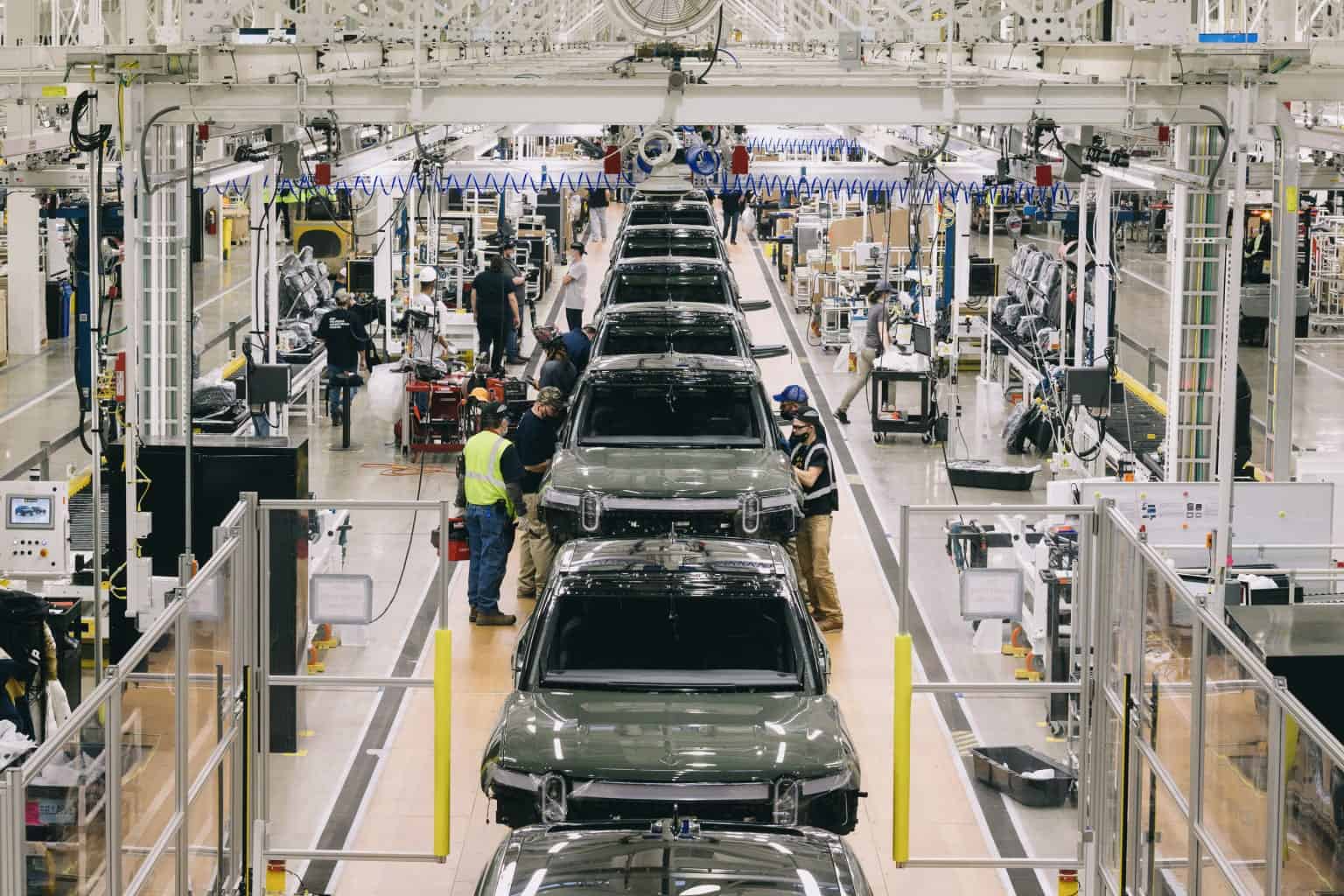Ordering a Rivian? Use code JOSE1715716 to earn 500 points on your purchase.
New UAW Deal Brings Rivian Closer to Potential Unionization

Rivian and the United Auto Workers (UAW) have reached an agreement that could make it easier for workers at the company’s Illinois factory to unionize—once Rivian turns a profit. Under this deal, Rivian will take a neutral stance toward organizing efforts, but the neutrality only kicks in after the automaker meets certain financial milestones, which haven’t been disclosed.
For Rivian, profitability has been elusive as it battles supply chain issues and a cooling EV market. While CFO Claire McDonough recently projected positive gross profit margins by 2025, the company has yet to post a quarterly adjusted profit, meaning this agreement might not come into play anytime soon.
The deal reportedly helped Rivian secure a conditional $6.6 billion loan from the U.S. Energy Department for its planned Georgia factory. That facility is key to Rivian’s plans to scale production of more affordable EVs. The Biden administration’s pro-labor stance likely influenced the push for this neutrality agreement, but Rivian still has hurdles to clear before finalizing the loan.
For the UAW, which has struggled to organize EV makers like Rivian and Tesla, this agreement is a win. A neutral stance removes anti-union tactics from the equation and could make workers more comfortable choosing to unionize. If successful, it would give Rivian employees a say in pay, safety, and other workplace decisions, potentially setting Rivian apart as the worker-friendly alternative to Tesla.
But for now, unionization remains hypothetical. Rivian’s path to profitability is still a work in progress, and this deal won’t take effect until they get there. Still, it’s a big step forward in the ongoing effort to unionize the EV industry—one worth watching.
